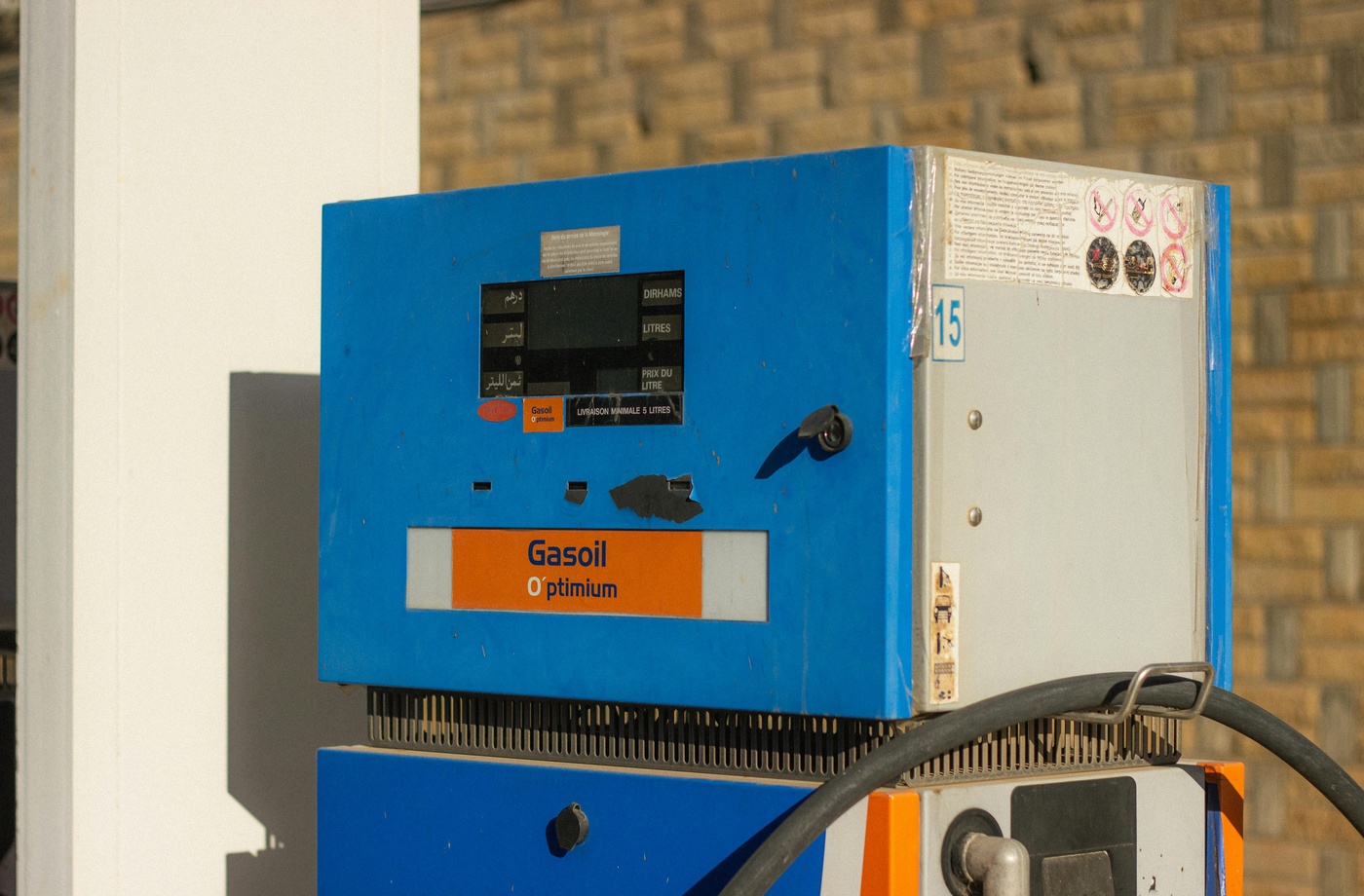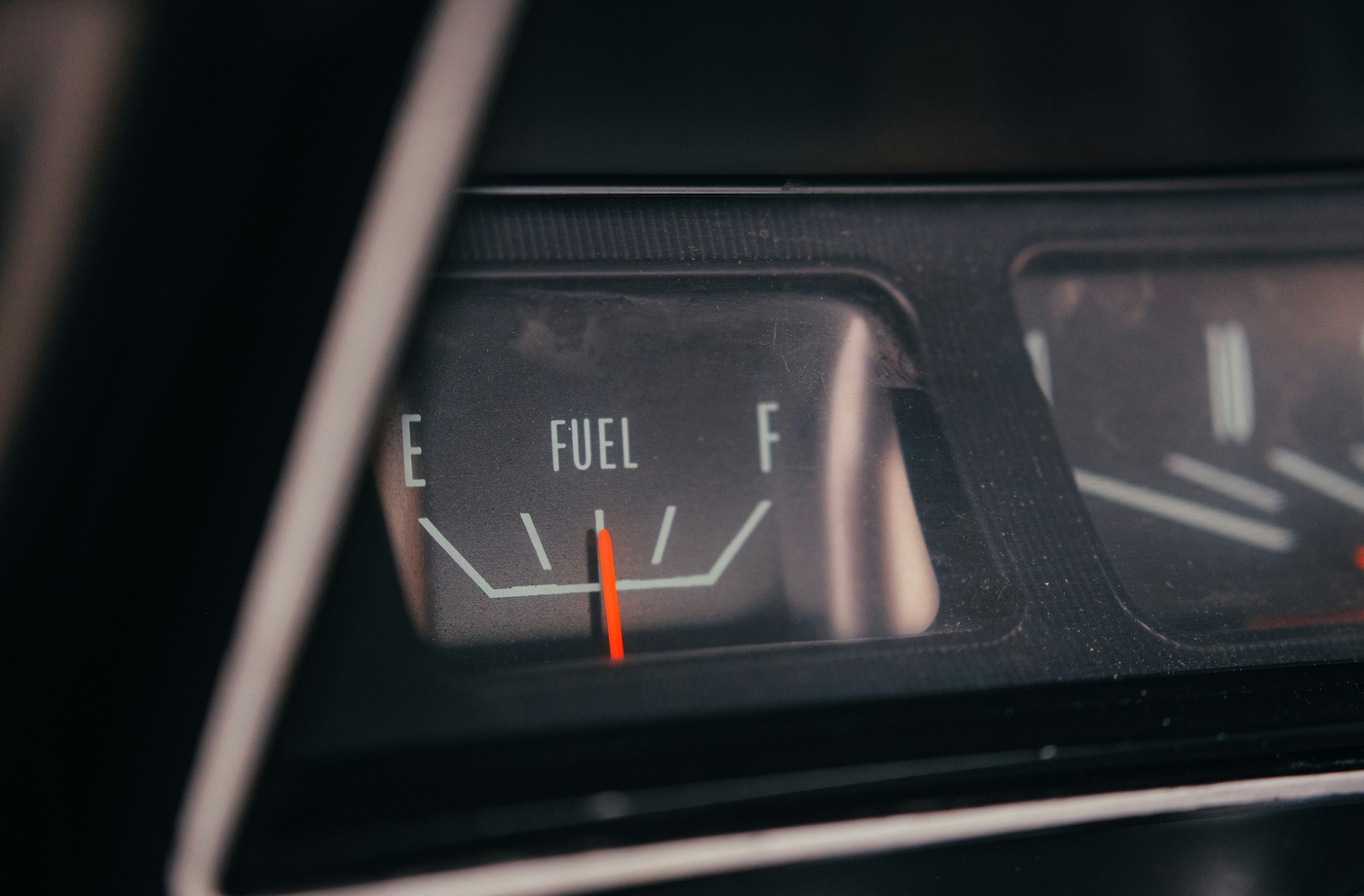Choosing between diesel and gasoline isn’t always a matter of preference—it depends on your vehicle type, driving habits, and long-term cost considerations. While both fuels power internal combustion engines, they do so in different ways, and each comes with distinct advantages and trade-offs. Whether you’re purchasing a new vehicle or trying to cut fuel costs, here’s a breakdown of how diesel and gasoline compare in performance, efficiency, maintenance, and price.
How Diesel and Gasoline Engines Work Differently
Both engine types ignite fuel to produce power, but they use different processes:
- Gasoline engines use spark plugs to ignite a fuel-air mixture.
- Diesel engines rely on compression ignition, where air is compressed until it’s hot enough to ignite injected fuel.
This fundamental difference is what gives diesel engines their superior fuel efficiency and higher torque—but also makes them heavier and more expensive to maintain.
Fuel Economy and Efficiency
Diesel engines are typically 25%–30% more fuel-efficient than gasoline engines. This is why diesel is often preferred for long-haul trucks, delivery vans, and heavy-duty pickups. If you drive long distances or carry heavy loads, diesel could offer substantial savings over time.
Compare efficiency ratings at FuelEconomy.gov.
However, if your driving is mostly short-distance, city-based, or occasional, a gasoline vehicle is often more practical. Gasoline cars warm up faster, cost less upfront, and are easier to maintain.
Fuel Cost Comparison
Diesel fuel usually costs more per gallon than regular gasoline, though this varies by region. As of mid-2025, average U.S. prices show diesel running 20–40 cents higher per gallon than gasoline. You can check live updates at the EIA Weekly Retail Gasoline and Diesel Prices.
Despite the higher price tag, diesel’s greater fuel efficiency often results in lower fuel cost per mile, especially for high-mileage drivers.
Maintenance and Longevity
Diesel engines are built more ruggedly and tend to last longer—often exceeding 300,000 miles with proper maintenance. However, they also come with:
- Higher maintenance costs (especially emissions systems)
- Longer oil change intervals, but more expensive oil
- More expensive parts when issues arise
Gasoline engines are generally cheaper to maintain and repair, but they may not last as long under heavy use.
Emissions and Environmental Impact
Modern diesel vehicles are equipped with filters and urea injection systems to meet emissions standards. However, gasoline vehicles still produce fewer nitrogen oxides (NOx), making them more eco-friendly overall—especially in urban settings.
California and other states have begun phasing out diesel vehicles in certain sectors, so long-term regulations may influence your decision depending on where you live.
Fuel Availability and Convenience
Gasoline is universally available and works at any standard fuel station. Diesel, while widely available, is more common at truck stops and commercial fueling centers, which may be less convenient for suburban drivers.
What’s Best for You?
Choose diesel if you:
- Drive long distances regularly
- Need high torque for towing or hauling
- Want better fuel efficiency on the highway
Choose gasoline if you:
- Drive primarily in the city or short distances
- Want lower upfront and maintenance costs
- Need a vehicle that’s convenient to refuel anywhere
No Matter the Fuel Type, You Can Still Save
Regardless of which engine you use, it’s possible to reduce costs by paying smartly. Many fuel stations offer loyalty programs, and apps like Fluz allow you to earn cashback with a Shell virtual card, get rewards with a BP virtual card, or earn cashback with a Chevron virtual card—all usable whether you pump diesel or gasoline.
The diesel vs. gasoline decision depends on your driving style, workload, and long-term budget. Diesel offers longevity and efficiency, while gasoline wins for simplicity and lower costs. Either way, combining your fuel choice with digital gift cards and station rewards can lead to consistent savings at the pump.



